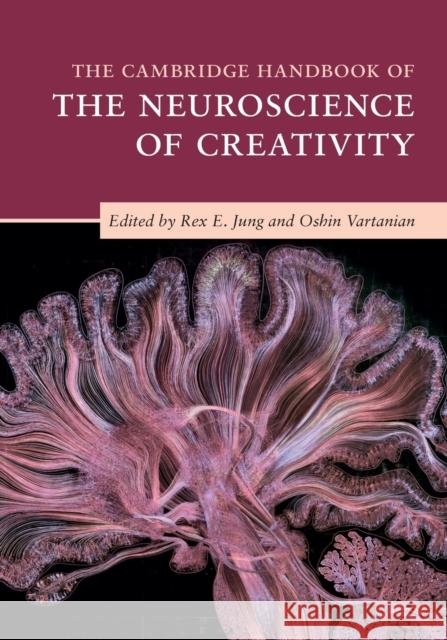The Cambridge Handbook of the Neuroscience of Creativity » książka
topmenu
The Cambridge Handbook of the Neuroscience of Creativity
ISBN-13: 9781316602102 / Angielski / Miękka / 2018 / 566 str.
The Cambridge Handbook of the Neuroscience of Creativity
ISBN-13: 9781316602102 / Angielski / Miękka / 2018 / 566 str.
cena 296,17 zł
(netto: 282,07 VAT: 5%)
Najniższa cena z 30 dni: 282,04 zł
(netto: 282,07 VAT: 5%)
Najniższa cena z 30 dni: 282,04 zł
Termin realizacji zamówienia:
ok. 16-18 dni roboczych.
ok. 16-18 dni roboczych.
Darmowa dostawa!
This volume represents the most authoritative overview of how the brain gives rise to creativity in all of its many forms.











